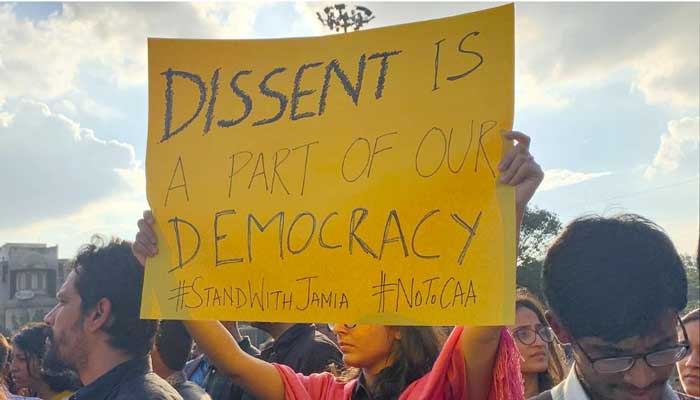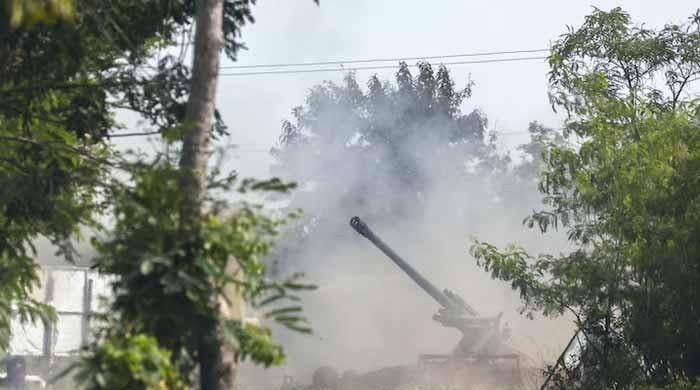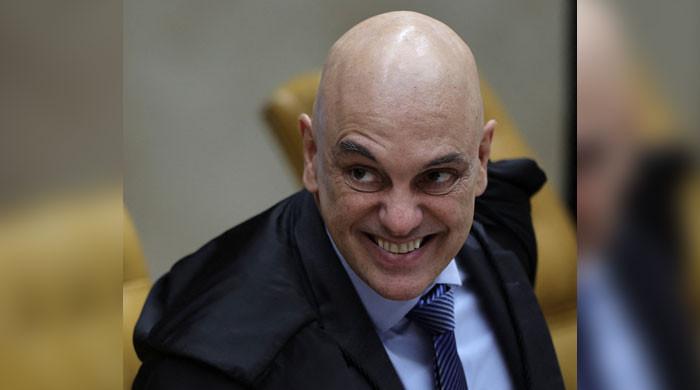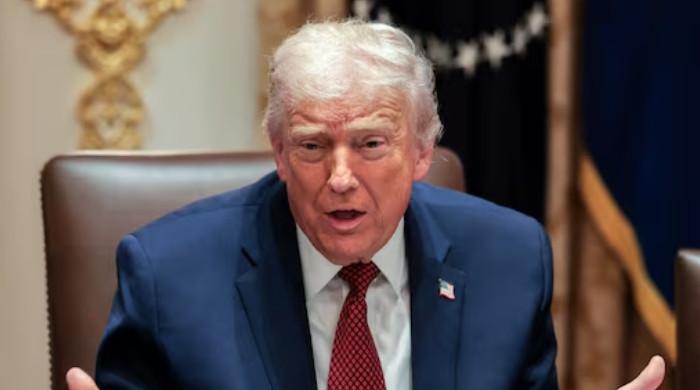US religious freedom watchdog calls out India for arresting Muslims protesting new citizenship law
The body for religious freedom says India should release prisoners of conscience rather than arrest peaceful protesters
May 14, 2020

The United States Commission on International Religious Freedom (USCIRF) on Thursday called out India for unfairly "targeting those practicing their democratic right to protest", making special mention of the arrest of a pregnant Muslim activist.
"During COVID-19 crisis, there are reports India [government] is arresting Muslim activists protesting the [Citizenship Amendment Act], including Safoora Zargar who is pregnant," wrote the US federal government entity.
Expressing concern, the body said that India should "be releasing prisoners of conscience" instead of arresting those who have the right to peacefully protest.
India has seen weeks of demonstrations and violence since the new citizenship law came into force in December with critics saying that it discriminates against Muslims.
The controversial citizenship bill gives amnesty to undocumented migrants belonging to the non-Muslim faiths from Bangladesh, Afghanistan and Pakistan.
USCIRF said that in this year's annual report, it had "recommended India be designated a country of Particular Concern for its systematic, ongoing, and egregious violations of religious freedom during 2019".
"Unfortunately this negative trend has continued into 2020," it noted.
Earlier this month, Amnesty International India slammed the country for arresting Safoora Zargar, a pregnant activist who was arrested in a case pertaining to the communal violence that erupted in Delhi against the controversial Citizenship Amendment Act (CAA).
Taking to Twitter, the human rights organisation demanded an immediate release of the 27-year-old activist while censuring New Delhi for "ruthlessly arresting a pregnant woman and sending her to overcrowded prison amid coronavirus.”
Zargar, a research scholar from Jamia Millia Islamia (JMI) university, was arrested on April 10 and was subsequently charged under the stringent anti-terror law, the Unlawful Activities Prevention Act, 2019 (UAPA), by the Delhi police, read the news report by Al-Jazeera.
According to the report, police accused Zargar of being a key ‘conspirator’ in the February violence that flared up in northeast Delhi after supporters of the Hindu nationalist government attacked peaceful sit-ins.
At least 53 people were killed, mostly Muslims, in the worst violence that took place in the capital since the 1984 anti-Sikh riots.
The bill (CAA) has been slammed for specifically targeting Muslims, and unfairly making religion a condition for applying for Indian citizenship. This, critics say, is a violation of Article 14 of the Indian constitution, which guarantees the right to equality.
Thousands of protesters, last year in Delhi, took to the streets by storm and raised their voices against the new bill, saying that it was a form of exclusion of Muslims and displays a deep-seated bias against the community, which makes up 14% of India’s population.









